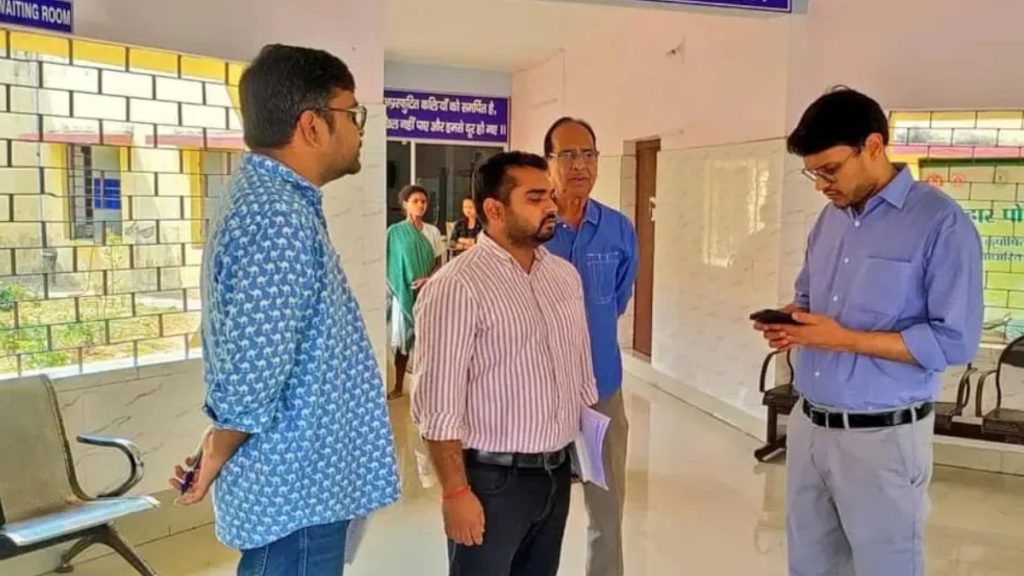The maternal healthcare scenario in rural India has witnessed a major transition in recent years. According to UNICEF, the Maternal Mortality Ratio (MMR) in India, based on the National Sample Registration System (SRS) data, decreased by 34 per cent in 2020. This could be attributed to the collaborative efforts between Governmental and Non-Governmental Organisations, which have synergised to make quality health services more accessible, especially in rural communities.
An initiative in West Singhbhum, Jharkhand is bringing a much-needed shift in rural maternal healthcare is the Public Policy in Action (PPIA) by Transform Rural India (TRI). The primary aim of the programme is to ensure easier policy implementation through young citizens who are India’s future policymakers. A cadre of young professionals is strategically deployed to live and work within rural communities after assessing key issues. The major mission of these PPIA fellows is to work closely with local self-government departments to mitigate the challenges faced by rural India in education, health and agriculture. They then develop tailor-made grassroots solutions to address the fault lines.





